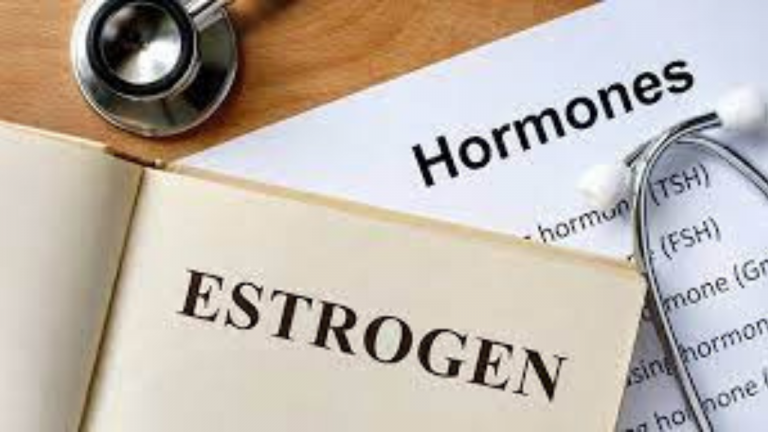Maintaining a Healthy Digestive System

Good (healthy) digestion is a ‘silent’ process – digestion, in some form, is always taking place, at any given time – while we rest, eat, sleep, or work. We generally only become aware of digestion when something goes wrong (e.g. if we eat foods that don’t agree with our body or drink too much alcohol or say if we become constipated or have gas).
Although the digestive system can withstand a lot of stress (from the foods we eat to emotional stresses), it can only do so for a limited period. Over time, the negative effects will accumulate and create health problems in the long term. We should take some positive steps to maintain the health of
our digestive system.
Key Points in Maintaining a Healthy Digestive System
- A healthy digestive system can be maintained by:
1. Eating a healthy diet;
2. Eating moderately, slowly, and regularly;
3. Exercising regularly;
4. Stopping/ never beginning smoking; and
5. Reducing/managing stress levels.
Eating a Healthy Diet
Those foods should be eaten which are rich in fiber (vegetables, fruits, and whole grains/ cereals). Fibre encourages the passage of material through the digestive system and gives the correct consistency and bulk to stools. Ideally one should consume at least 30 g of fiber per day. A balanced diet, which is rich in fiber, may reduce the risk of developing diverticular disease, heart disease, or colorectal cancer. We should also try to reduce the intake of processed foods – these generally have little nutrition or fiber and often contain large amounts of saturated fats, salt, and preservatives that can be harmful to the body.
Moderate amounts of ‘good’ fats (such as omega-3 and omega-6) should be eaten and the intake of saturated fats (e.g., animal fat) should be reduced. A diet high in fat can make the digestive system sluggish and may cause or aggravate diseases of the digestive system (and heart disease, as well).
Alcohol can inflame the lining of the stomach or esophagus or cause symptoms of heartburn. Excessive intake of alcohol can lead to cirrhosis of the liver. Plenty of fluids should be consumed- especially water. Water helps to dissolve some nutrients, encourages the passage of waste through the digestive system, and helps soften stools.
Eating Moderately, Slowly, and Regularly
Eating moderate portions can help maintain a healthy digestive system.
The process of digestion starts in our mouth. One should take time and eat slowly, chewing each mouthful well. Relaxing while we eat also helps the nerves of the digestive system, and well-chewed food is easier to digest than larger pieces. One should eat regularly and should not skip meals – this will prevent overeating due to hunger and this prepares the digestive system for regular meals.
Exercising Regularly
Regular cardiovascular exercise helps strengthen the muscles of the abdomen and reduces sluggishness by stimulating the intestinal muscles to push digestive contents through our system.
Stopping/ Never Beginning Smoking
Smoking lowers the pressure at the junction between the stomach and esophagus, promoting backflow of stomach acid into the esophagus (reflux) – which can result in heartburn and other complications. Smoking also aggravates peptic ulcers and certain inflammatory conditions of the bowels and it is linked with an increased risk of many cancers.
Reducing/ Managing Stress Levels
Stress affects the nerves of the digestive system and can upset the intricate balance of digestion. In some people stress slows the process of digestion, causing bloating, pain, and constipation while others may need to frequently empty their bowels and the stools may be more loose and watery than usual. Stress can worsen some conditions, such as peptic ulcers or irritable bowel syndrome.



